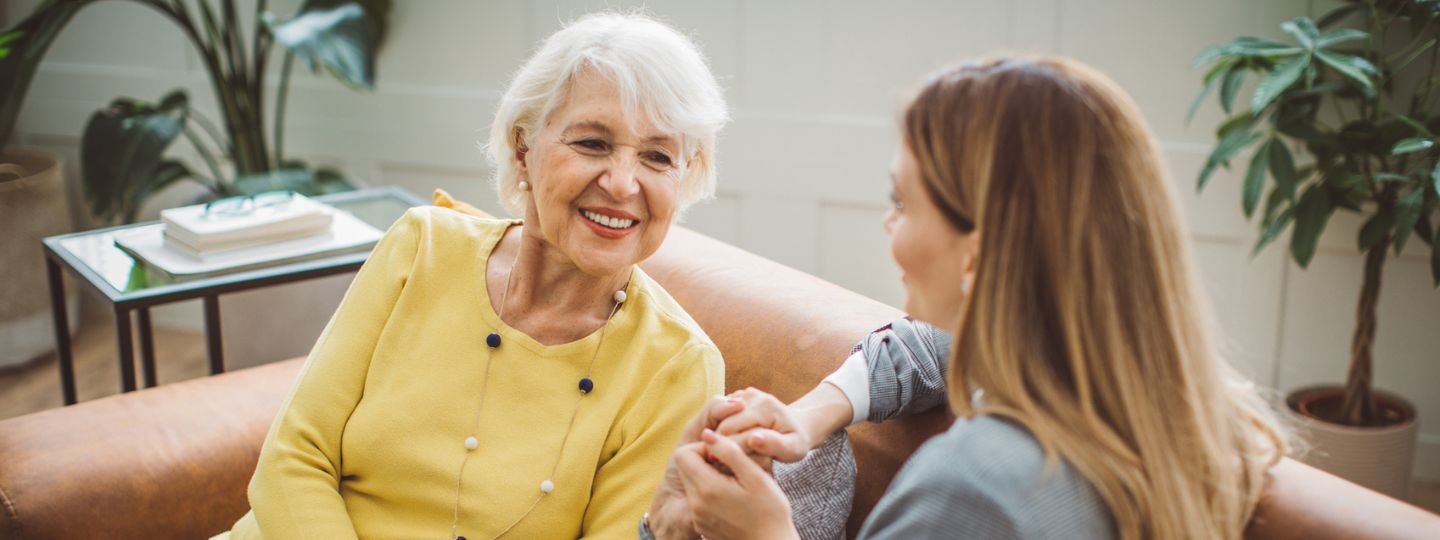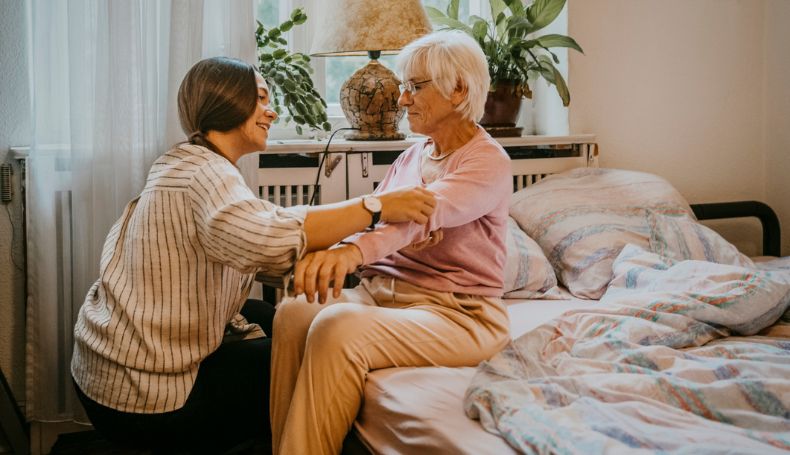Get Paid by Your Loved One
Personal Care Agreements Reduce Risk

If your loved one is not currently eligible for Medicaid, your compensation options may be limited. You may want to consider a private pay agreement – a type of contract – between you and your care recipient.
A personal care agreement — also called a family caregiver contract, elder care contract, or personal services contract — is a written agreement that describes the kinds of caregiving services you will provide (like personal care assistance, transportation to doctor’s appointments, and housekeeping). It also explains where and when those services will take place, along with how much you’ll be paid per hour and how often you’ll get paid. While personal care agreements are often made between family members, you don’t need to be related to your care recipient to have one.
Here’s why this agreement is so important:
- Your loved one may need to apply for Medicaid at some point, especially if they have to move into a nursing home.
- Medicaid has a strict limit on how much a person can have in assets — meaning cash, stocks, bonds, investments, bank accounts and real estate. In most states, the limit is $2,000. (You can find state-specific asset limits here.)
- Medicaid looks back at five years’ worth of finances (less in some states) to see how much an applicant has in assets. It also wants to make sure the applicant hasn’t given away assets to make it seem like they’re under the limit. This is called the Look-Back Rule.
- If your loved one applies for Medicaid but has been paying you for caregiving without a signed personal care agreement, Medicaid will treat those payments as gifts — which makes them a violation of the Look-Back Rule. Violating the rule makes an applicant ineligible for benefits for a certain amount of time, known as the Medicaid Penalty Period.
But when you have a personal care agreement, you can prove that the payments aren’t gifts and that your loved one is paying you in exchange for your taking care of them. In addition to the agreement, it’s a good idea to keep a daily log showing the services you provided, the hours you worked, and the payments you received, just in case Medicaid asks for one.
A personal care agreement may sound complicated, but it’s the best way to protect yourself and your loved one.



